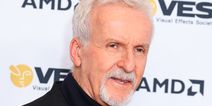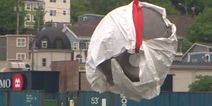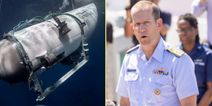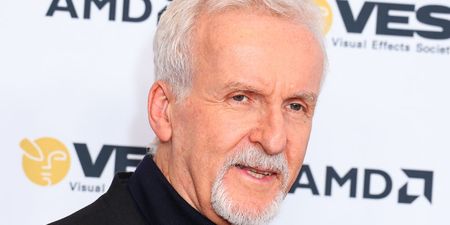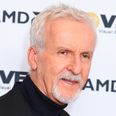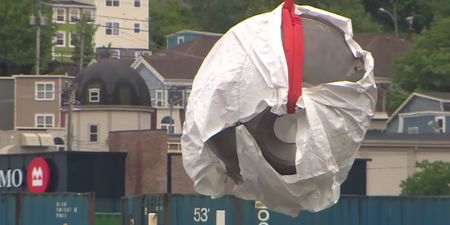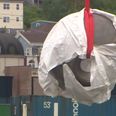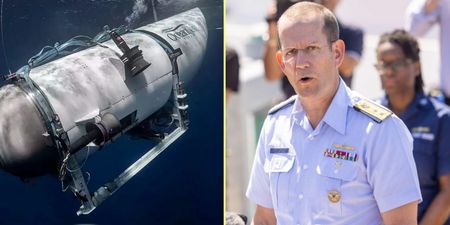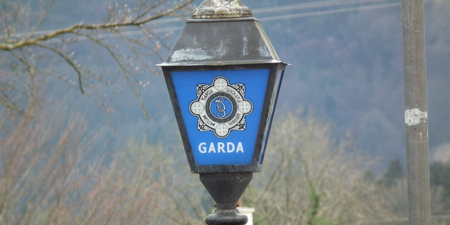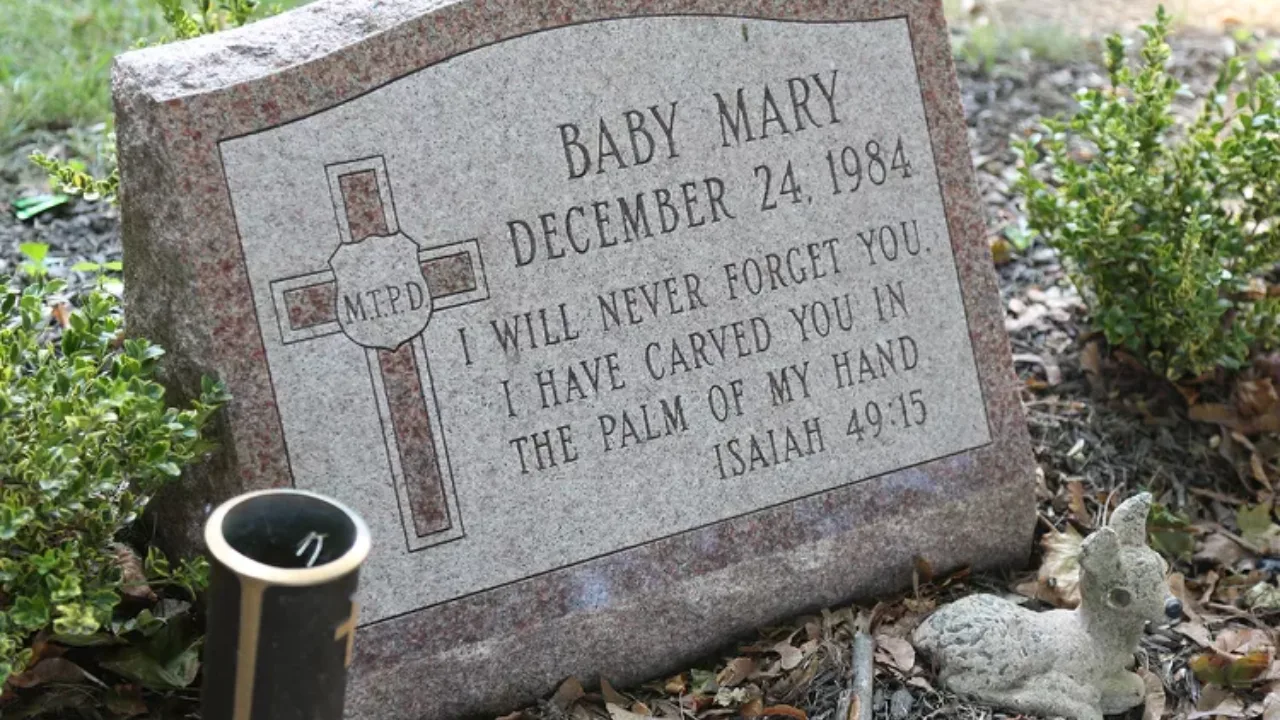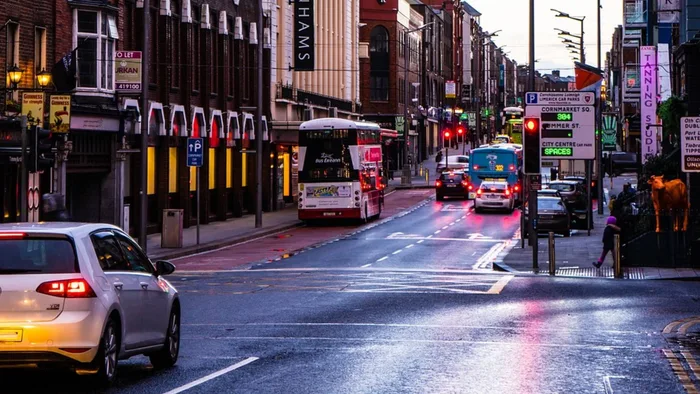By Steve Hopkins
‘It would raise eyebrows outside the space industry. And it even raises eyebrows inside the space industry’
The co-founder of the company behind the Titan submersible disaster that led to the death of everyone on board is now planning to send 1000 people to Venus.
Just weeks after the deaths of the five OceanGate Titan passengers in a doomed mission to visit the wreckage of the Titanic – including the company’s CEO – Stockton Rush’s colleague, Guillermo Söhnlein has told Insider of his ambitious new exploration plans for space.
Rush, 61, British billionaire Hamish Harding, 58, French navy veteran Paul-Henri Nargeolet, 77, and Pakistani businessman Shahzada Dawood, 48, and his son Suleman, 19, were all killed in the Titan tragedy when it suffered a “catastrophic implosion”.
Communications were lost with the Titan one hour and 45 minutes after it set off on June 18, sparking a race against time to find the 21-foot-long vessel that had just 96 hours of emergency oxygen and limited rations on board. Days later the US Coast Guard announced it has found wreckage from the submersible and that everyone on board had died.
Amid a wave of safety concerns voiced in the wake of the tragedy it emerged that the submersible had only reached the depth of the Titanic wreckage on 14 per cent of its attempts.
Söhnlein now wants to see 1000 people living on the surface of Venus, the hottest planet in the solar system, by 2050 and told Insider that he thinks it is “less aspirational than putting a million people on the Martian surface by 2050”.
He is undeterred by the Titan tragedy, claiming that humanity needs to continue pushing the limits of innovation.
“You’re absolutely right that when you talk about going to Venus, it would raise eyebrows outside the space industry. And it even raises eyebrows inside the space industry.
“I think I’ve been driven to help make humanity a multi-planet species since I was 11 years old, I had this recurring dream of being the commander of the first Martian colony.”
SpaceX boss, Elon Musk, has similar ambitions for Mars, but Venus is one of the least hospitable planets in the galaxy.
Aside from being the hottest planet in the solar system, its atmosphere is made up of greenhouse gases and its clouds contain sulphuric acid which makes Venus so hot that temperatures can reach 475 °C.
Regardless, Söhnlein thinks his plan is “very doable” and that a floating space station could withstand the harsh conditions on Venus.
Söhnlein’s Humans2Venus project has been co-founded with researcher Khalid Al-Ali and will strive to develop technologies that will reduce launch costs and fund space projects without government money.
Read the Insider report here.
READ MORE
-
Experts reveal the 7 key areas in for further price hikes over coming months
-
Hailey Bieber’s fans are convinced she is pregnant as rumours swirl online
-
Sinéad O’Connor warned fans she was being harassed by a stalker two weeks before death

